Former Blizzard Leads Unveil New Adventure at Dreamhaven Showcase
Five years ago, when Mike and Amy Morhaime founded Dreamhaven, I had the opportunity to speak with several of the founding members about their ambitious vision for the company. They expressed a desire to create a sustainable pillar for game studios, both for the two they were launching at the time (Moonshot and Secret Door) and for other potential partners.
At the conclusion of our interview, Mike Morhaime shared an audacious goal for the fledgling company:
"We want, if I may be so bold as to say, to be a beacon to the industry," he stated, alluding to the company's iconic lighthouse logo. "There's a better way of approaching the business of games and the operation of a game company that can produce great results, both in terms of products and financial reward and work environment, and that maybe can help elevate the entire industry."
At the time Dreamhaven was established, numerous studios led by former AAA executives were emerging, all promising a more sustainable and innovative future. However, the gaming industry has since faced significant challenges, including a global pandemic, economic instability, widespread layoffs, studio closures, and project cancellations. Many of these visionary studios have either closed before launching their projects or delayed their ambitions significantly.
Yet, Dreamhaven has not only survived but thrived. Recently, Dreamhaven collaborated with The Game Awards for its inaugural showcase, unveiling an impressive lineup of four games. Two of these games are internally developed: Sunderfolk, a turn-based tactical RPG with couch co-op set for release on April 23, and Wildgate, a newly announced crew-based first-person shooter centered around space heists (which we had the privilege to preview). The other two titles are being developed externally but published by Dreamhaven: Lynked: Banner of the Spark, an action-RPG from LA-based FuzzyBot, already available in early access with a full 1.0 launch scheduled for May, and Mechabellum, a turn-based tactical auto-battler from Chinese studio Game River, which launched last September and is set to receive ongoing updates with Dreamhaven's support.
This flurry of activity is remarkable for a relatively young company like Dreamhaven. But their efforts don't stop there. Dreamhaven is also supporting ten other external studios—many founded and staffed by ex-AAA developers—through investments, consultancy, and fundraising support. This support varies, sometimes including publishing assistance. Speaking with Mike Morhaime at the Game Developers Conference (GDC) last week, he emphasized that Dreamhaven's leaders have always aimed to create a "net" to "capture some of this great talent that was dispersing" across the industry.
Wildgate - First Screenshots
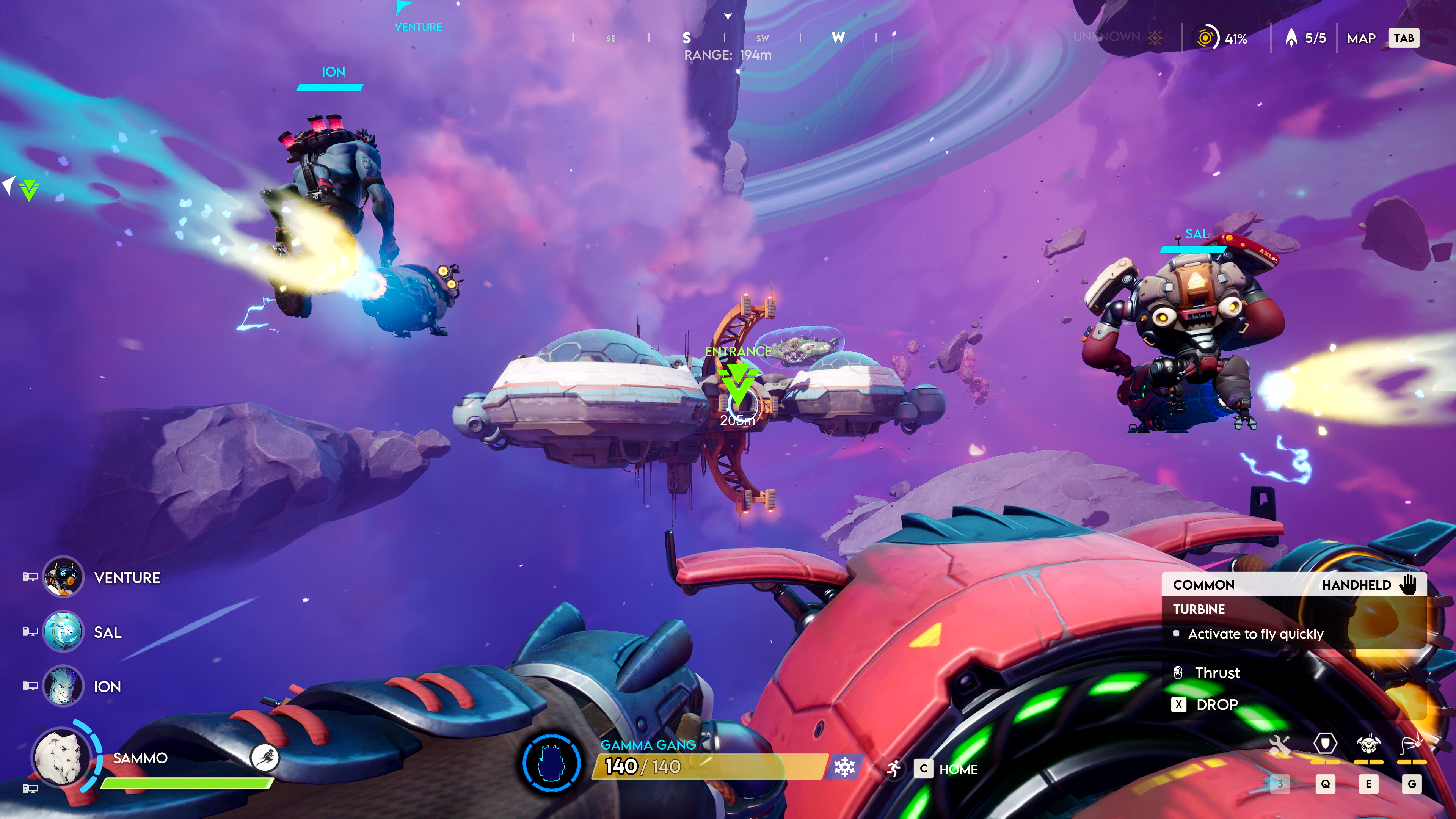
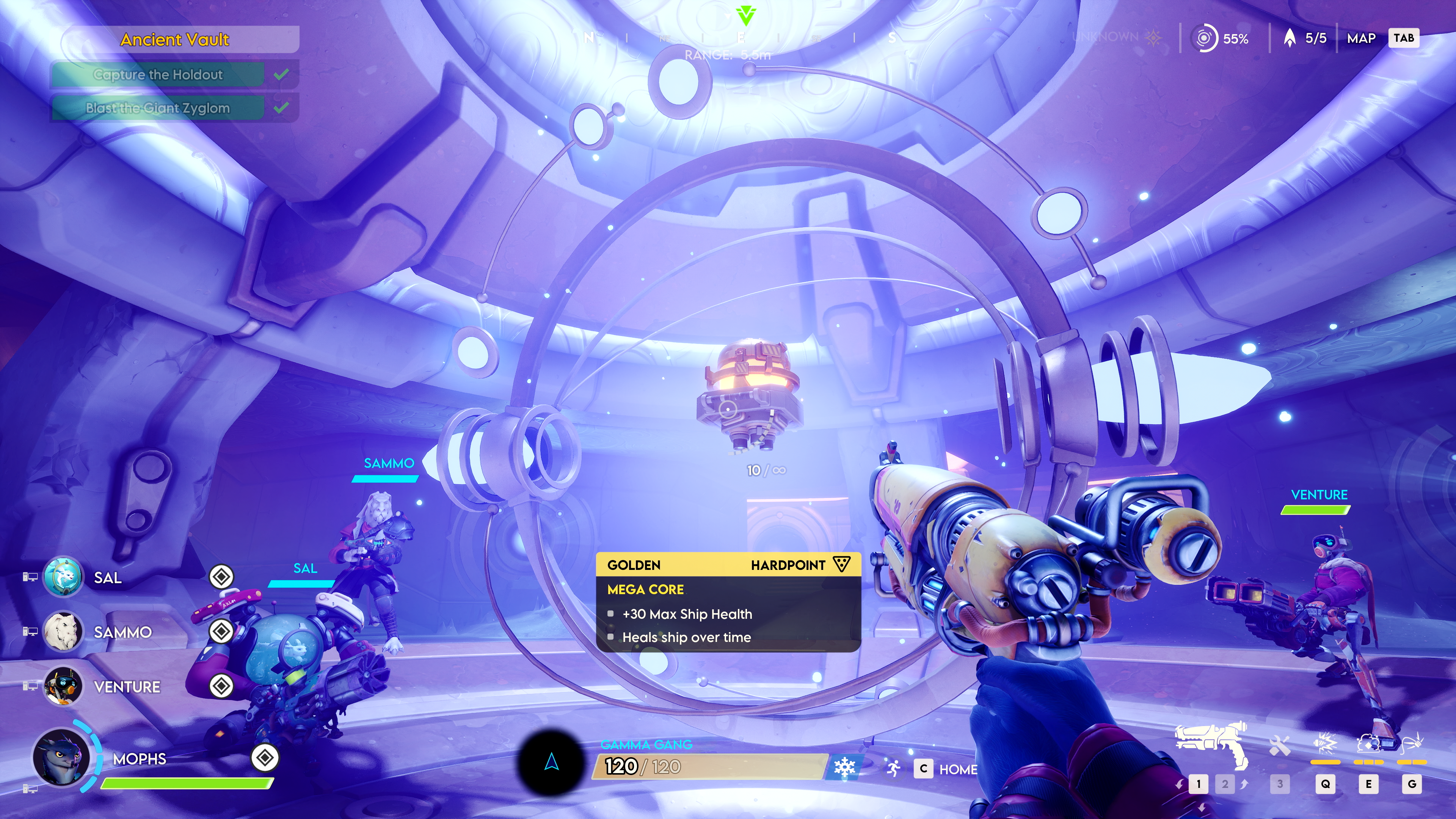 10 Images
10 Images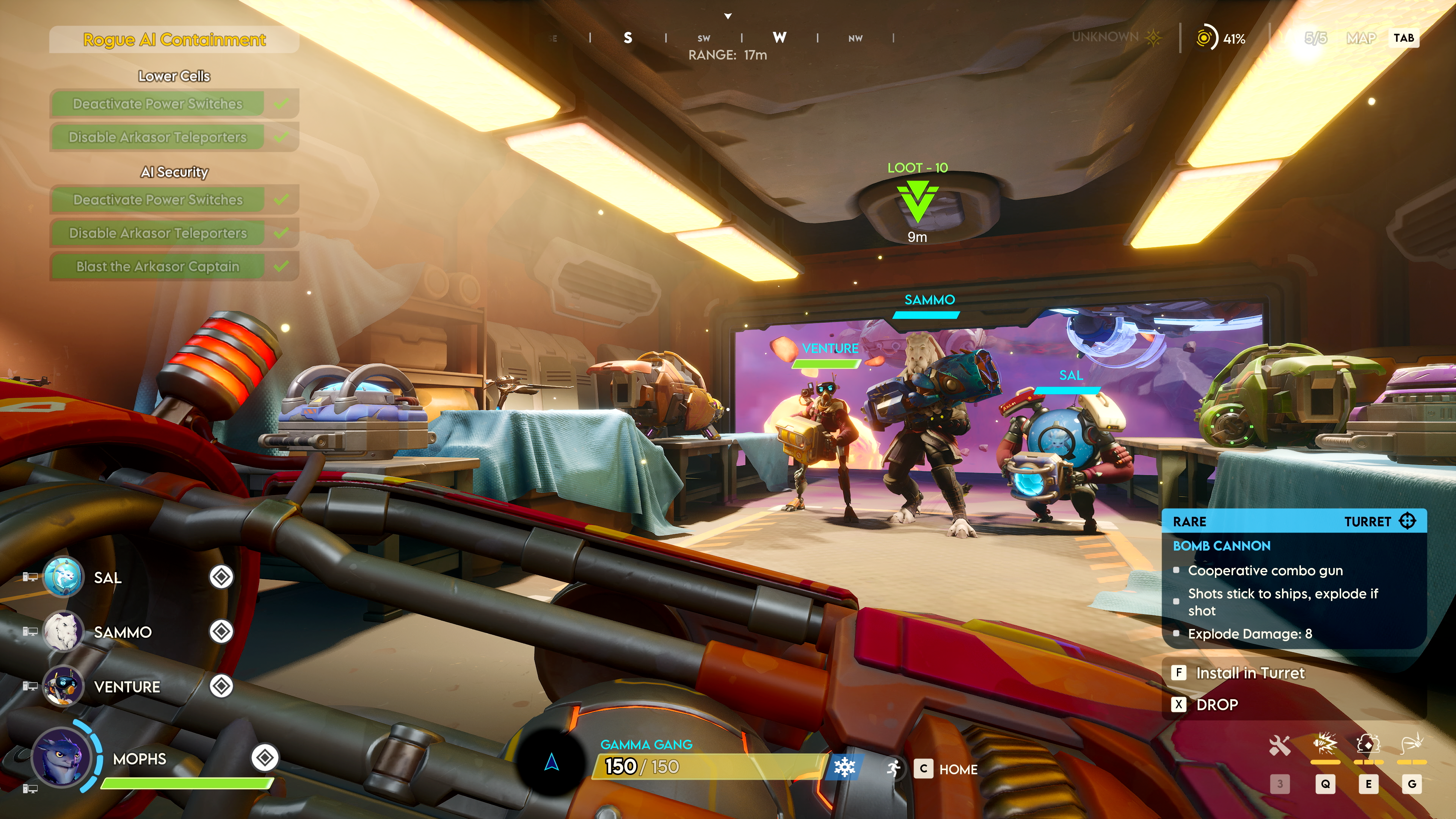
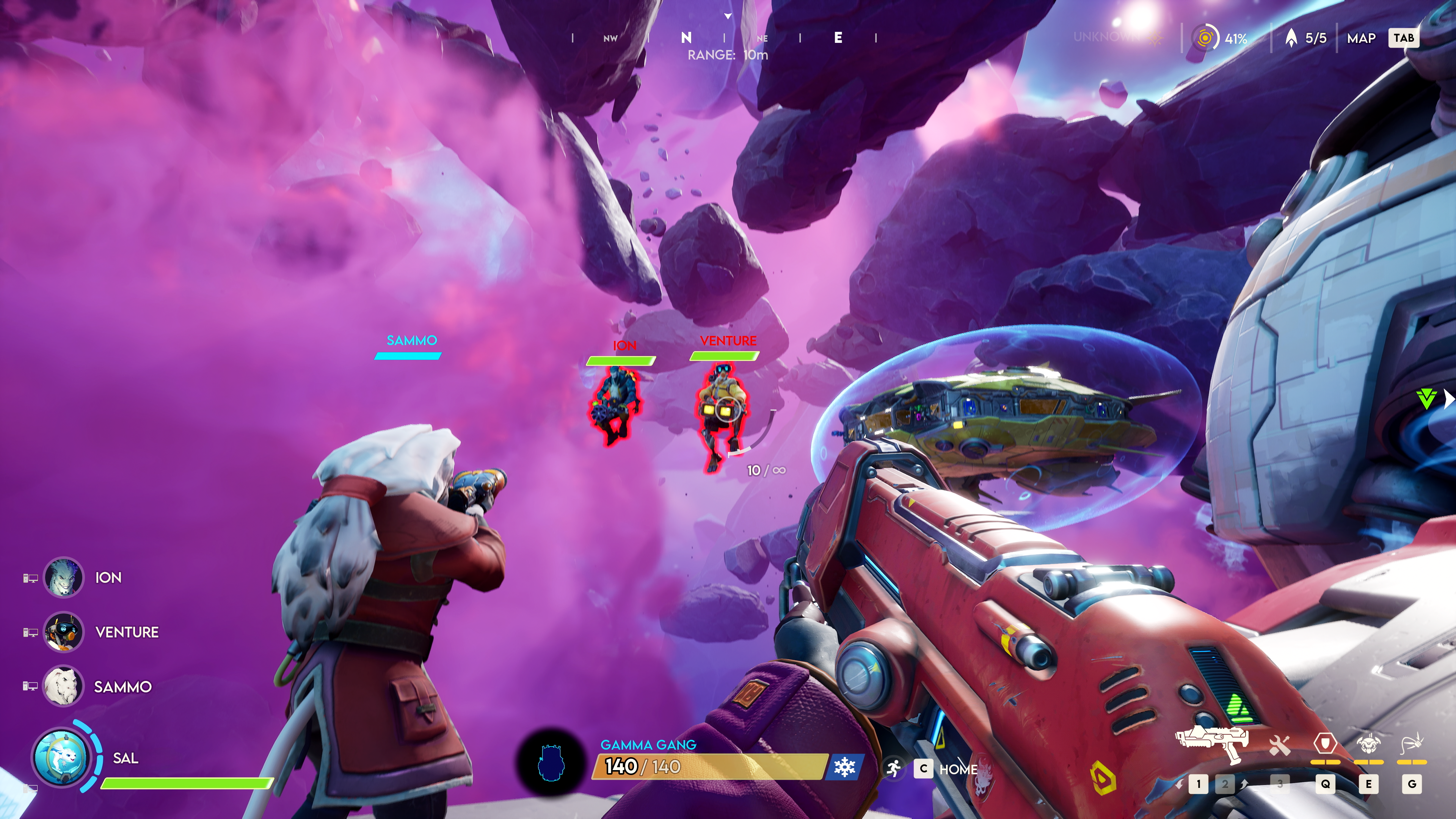
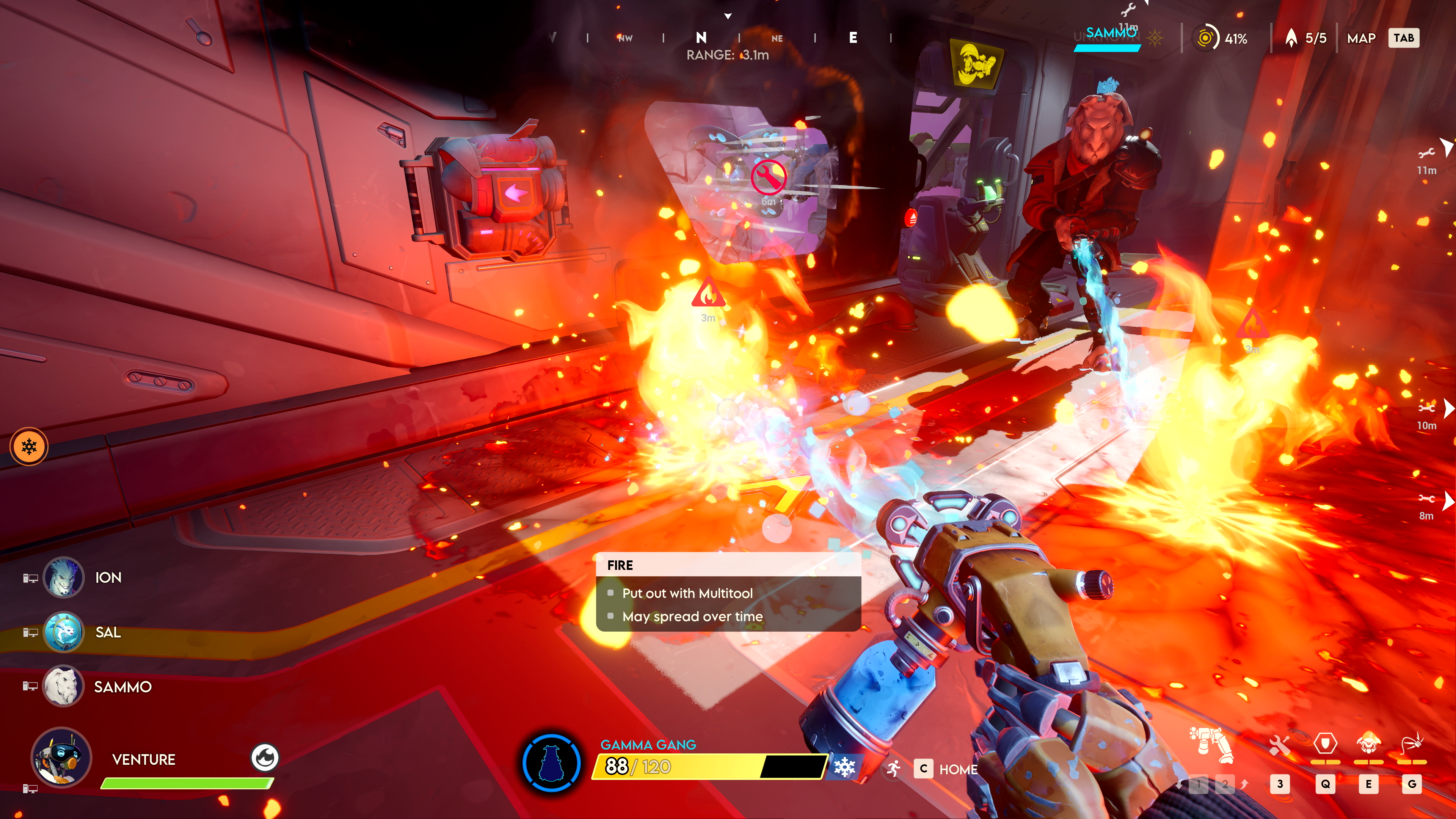
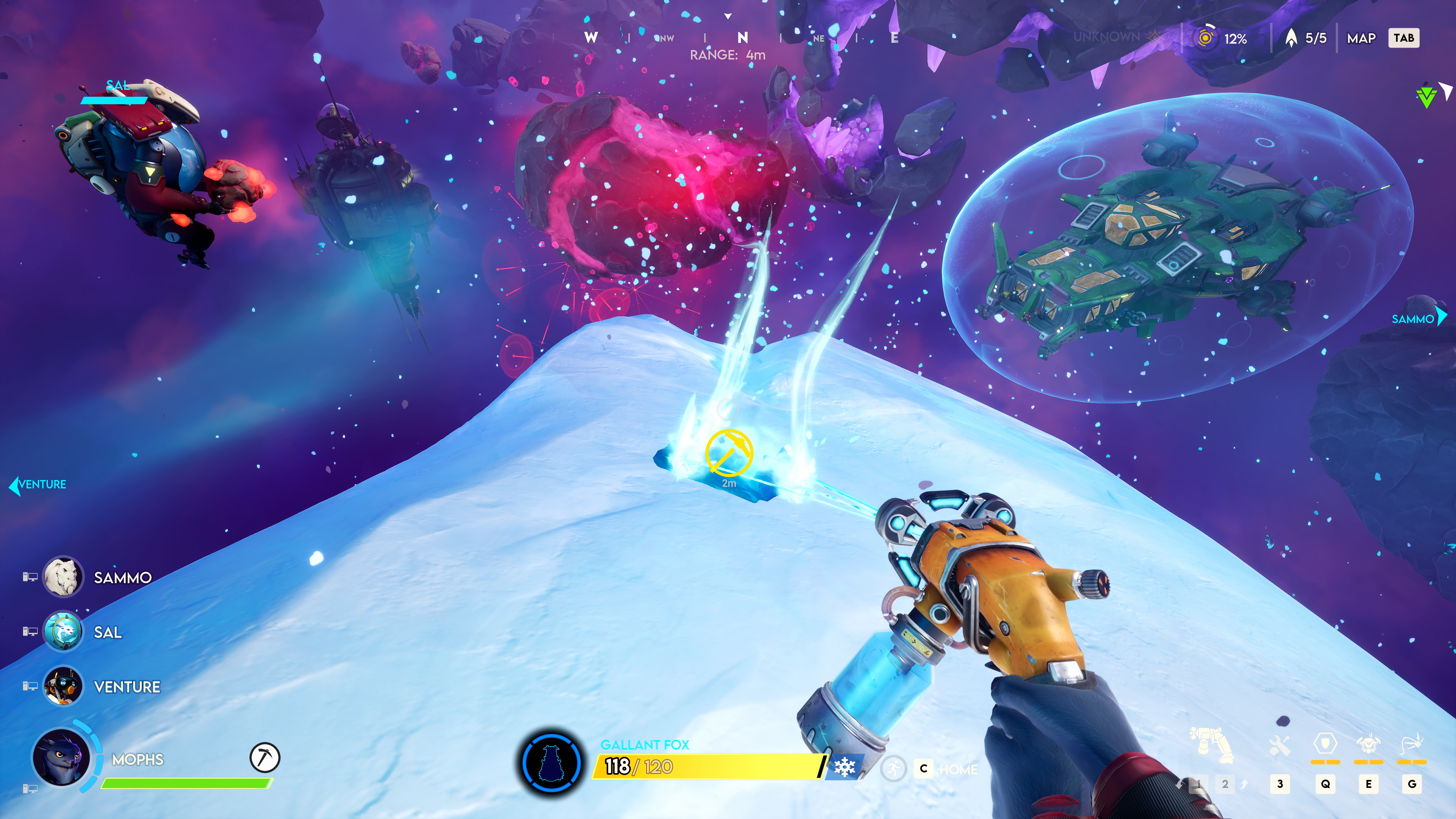
"We saw all these studios starting up and we have a lot of relationships," Morhaime explained. "We knew a lot of the folks starting up and we wanted to create a structure that allowed us to be helpful and root for these studios, and so we created a structure that allowed us to provide guidance and advice to some of these studios and be incentivized to want them to be successful."
Throughout GDC, there were numerous discussions about the ongoing industry crisis and the prioritization of profits over all else, which has contributed to the wave of cancellations, studio closures, and layoffs. When I asked Morhaime about the balance between craft and business, he expressed that the two aren't mutually exclusive. However, he believes that occasional failure must be an option to foster an environment conducive to innovation.
"I think in order to create an environment that allows for innovation, you have to have a certain amount of safety and a certain amount of space to be able to experiment and try things," he said. "We're certainly not against these products being successful and making a lot of money. I think it's about the focus. What are these teams focusing on? And they're not focusing every day on how they maximize profitability at every step. They're trying to make the best experience possible, which we think in the end is the right business strategy anyway and positions us better to be successful in the long run. There's so much competition, you know this. There are so many games that are released every year. I think the only way to be successful is to stand out with something special."
With Dreamhaven and many of its partners largely staffed by AAA veterans, I asked Morhaime about the most significant lesson he learned during his time at Blizzard. He highlighted the importance of an "iterative" game development process.
"It was never linear. It was never this straight line where you have this perfect plan and you execute the plan and everything goes according to plan and happiness and success follows. We always encountered obstacles and things that didn't work the way we thought, and we had enough flexibility and adaptability to address those things along the way. So, I think just approaching everything with that kind of perspective where we want to be experimental, we want to try things. If things aren't working, we want to be able to go back and fix them so that we end up with something that we're very proud of."
Conversely, when asked about the biggest difference between his work at Blizzard and now at Dreamhaven, Morhaime succinctly answered: agency.
"Probably the biggest difference, this is such an experienced team, and so we're structured in a way that really gives a ton of agency to our leadership teams in the studios," he remarked.
"And so, it's I think just a very unique environment in terms of the relationship that our studios have with the central company. The central company or the central teams are really there to support the needs of the studio, and our studio heads and leadership, they're also founding members of Dreamhaven. So, it's really more of a partnership."
Our conversation shifted to the topic of new technologies, specifically the ongoing tension surrounding generative AI in the gaming industry. Despite its unpopularity among gamers and concerns among developers, many AAA gaming companies are quietly integrating it or even openly using it. Morhaime mentioned that Dreamhaven is cautiously exploring generative AI, limiting its use to research on best practices and internal policy drafting, but not in their games.
"On the one hand, I think it's super exciting, as a technologist, as someone who just loves what technology can do. This is starting to happen in our lifetime. I think we're very privileged to get to see the birth of something so fascinating. Just a couple of years ago, I'd never imagined that generative AI would be able to do some of the things that it's currently doing. There are a lot of complexities around it, legal, ethical, it's also super hard to extrapolate out what this means to the way we live. I think it's undeniable that it will impact all of us in all sorts of ways that we can just speculate on now. I think a lot of those ways are going to be very positive, and some of them are scary, but I also don't think you can just shut it off and put it back in a box. And if you try to do that, it's not going to slow down, it's not going to stop. But I think the people who ignore it and pretend it's not there will be at a huge disadvantage."
Shifting to a less contentious technology, the Nintendo Switch 2, I noted that Sunderfolk and Lynked are both slated for release on the Switch, while Mechabellum is exclusively on Steam due to its genre. Interestingly, the Switch was absent from Wildgate's multi-platform announcement. Morhaime remained tight-lipped about specifics but offered his thoughts on the new console:
"I think console transitions can be very disruptive, but they can also be very invigorating and helpful for the games industry," he said. "As a gaming startup, I think console transitions are a positive for us. If you already have games and you're selling, then there's some disruption maybe to worry about, but we don't have that problem. And as a gamer, I think console transitions are exciting."
As our discussion drew to a close, I asked Morhaime whether he believes Dreamhaven has achieved the mission he outlined five years ago. Is Dreamhaven a "beacon to the industry"? Morhaime responded thoughtfully, indicating that it's too early to claim success. They need to release their games and gauge the response from players and the industry.
"We have to put out some games that people love and we have to be financially successful, because if we aren't either of those two things, nobody's going to look at us as a beacon for anything," he said.
"Really what I want to see happen is for Dreamhaven to build a reputation with gamers that the brand stands for something, a seal of quality, hopefully, that hopefully there's some trust that we've built up where players know that if a game is coming from Dreamhaven, regardless of genre, that it's going to be something very special and they'll want to have the curiosity to check it out."
- 1 Pokémon GO Set To Roll Out Safari Ball In The Wild Area Event 2024 Nov 10,2024
- 2 Marvel's Spider-Man 2 Swings to PC in January 2025 May 26,2023
- 3 Tomorrow: MMO Nuclear Quest Is a New Sandbox Survival RPG Nov 15,2024
- 4 Black Myth: Wukong Review Fallout Nov 13,2024
- 5 Roblox Ban in Turkey: Details and Reasons Mar 10,2024
- 6 Final Fantasy XVI PC Port Falls Short Nov 14,2024
- 7 GTA 6 Raises The Bar and Delivers on Realism Beyond Expectations Nov 10,2024
- 8 Dragonite Cross-Stitch Captivates Pokémon Enthusiasts Nov 08,2024
-
Best Racing Games to Play Now
A total of 10
-
Explore the World of Shooting Games
A total of 10
-
Best Free Simulation Games for Your Android Phone
A total of 4






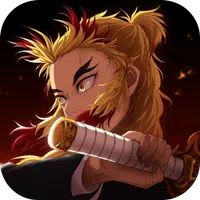



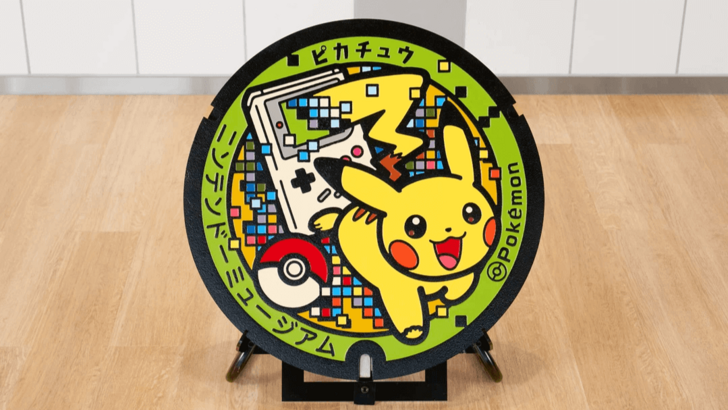
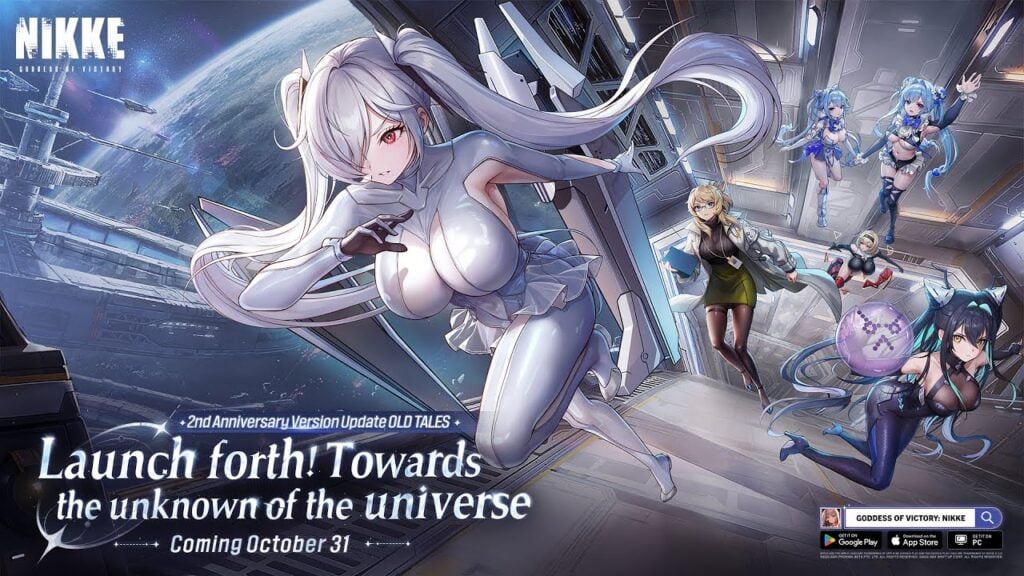
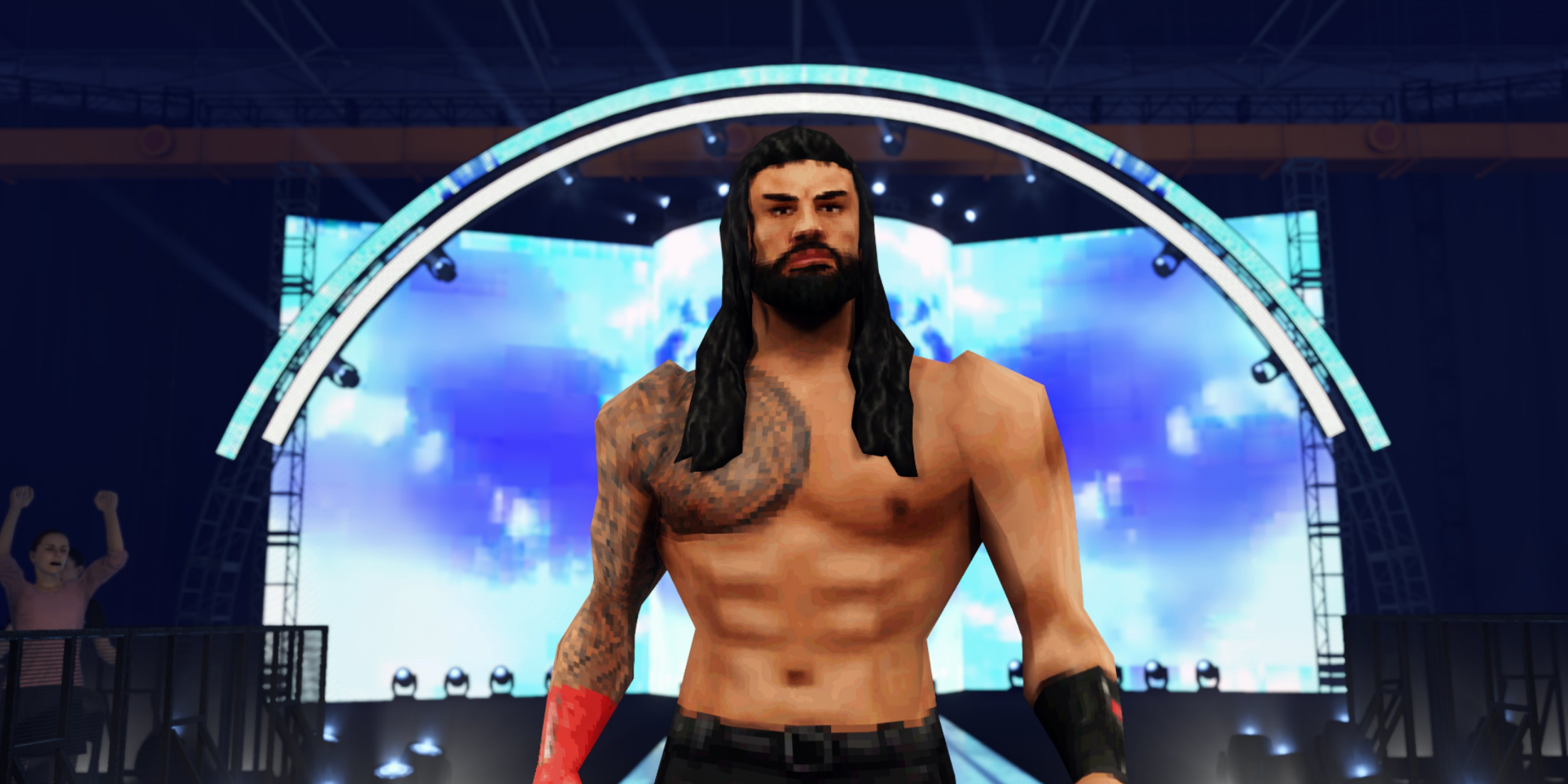
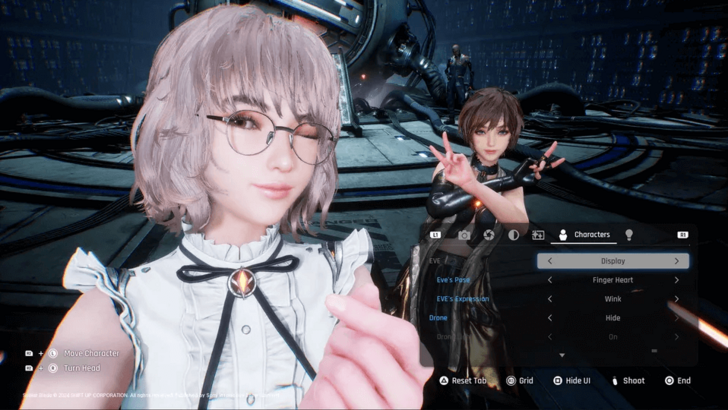
![Business of Loving [v0.12.5i] [Dead End Draws]](https://imgs.96xs.com/uploads/18/1719555107667e5423ef803.jpg)















